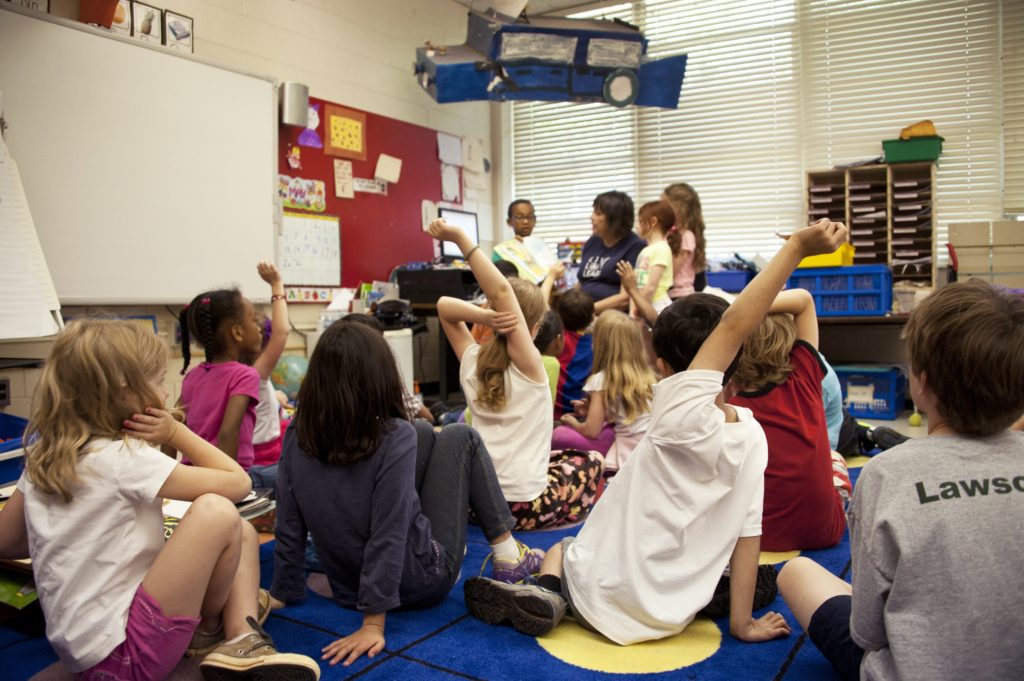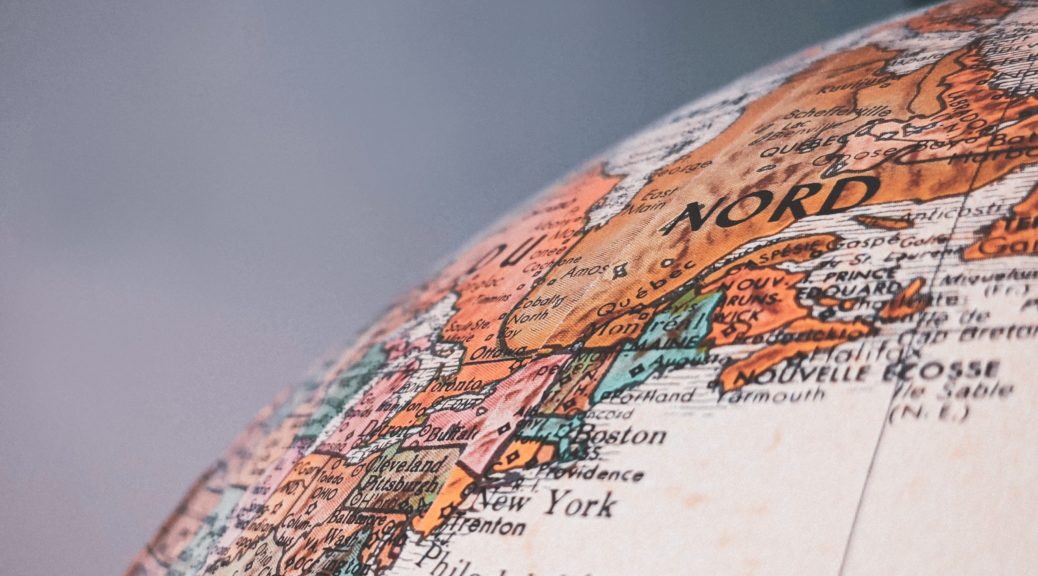By Ning Hannah Teoh
Edited by Natalie Grace Sipula
[3.5 minute read]
Language is fascinating. Even within the English language, where all words are written using letters from the same alphabet, there are so many variations. Every region where English is spoken has its own accent, slang, and grammatical structure, formed through centuries of culture and history.
Growing up in Malaysia, I was familiar with a hybrid version of the English language— colloquially coined “Manglish”— which was a combination of English, Malay, and other miscellaneous languages. English sentences would end in Malay and Mandarin suffixes (-lah, -mah, etc.). You would often hear a Malaysian person go “Stop it lah” or “Got meh?” which respectively translates to “You should stop,” and “Do they really have it?” English in Malaysia reflects the multicultural and multiethnic diversity that exists within the country, and it is an excellent example of how varied English is not only across regions in the United States, but in different parts of the world as well.

Ever since I came to the United States and eventually USC, I’ve been learning different variations of English and all of the regional words and phrases you encounter when you move around. When I was living in Boston, I learned that sprinkles (the ones you put as a topping on ice cream) were called “jimmies”. I also found out how much Bostonians were fond of their Dunkin Donuts, so much so that they refer to the coffee and donut franchise by the nickname “Dunkies”. Once, my boss who was based in Washington D.C. assigned me a task where I had to look for educational-support organizations within the DMV. At first, I was very confused because I thought the DMV was the Department of Motor Vehicles. It took me a while to realize that in this context, the DMV referred to the Washington metropolitan area, or D.C, Maryland, and Virginia.
I have to admit that when I first came to the U.S., I worked hard to get rid of my native accent. Even though English is my first language, I spoke in tones and inflections that were unfamiliar to the American ear. I pronounced “three” as “tree” and said “geo-GRA-phy” instead of “ge-O-graphy”. In the beginning, I would mimic how Americans discarded their t’s and took out the h in herbs. In some ways, I didn’t want to sound foreign. I didn’t want to be looked at as “other”— a sentiment I believe many international students share. Especially under the political climate of the previous government administration and with the recent rise of anti-Asian violence, international students are all the more aware of the hostility we might face simply by being international. Coming to a foreign country alone is already tough in and of itself, but knowing that you will potentially face outward discrimination from a vocal minority because of where you come from or how you are perceived is a different kind of fear. So, I worked hard to sound as American as possible so that fewer questions were asked of me.

But the truth is, I am not American. I grew up calling an elevator a lift and I grew up drinking teh tarik (“pulled tea”) and not unsweetened iced tea. Coming to USC has made me prouder about my identity as an international student in this student community. I have so much cultural experience to share— language included— why would I ever hide it? Seeing the thriving and diverse international community here has made me realize that the international experience is unique and that I have been blessed with the opportunity to be part of the cultural exchange between international and domestic students. This includes the interaction between accents, slang, and everything in between.
When listening to my suitemates speak, I am reminded of the rich diversity within the English language. One of my suitemates is from New York and it is fascinating listening to her converse with her friends and family from back home. I still experience a small culture shock whenever my other suitemate, who has lived in Australia, calls McDonald’s “Maccas”. I’m sure they feel the same when they hear -lah’s and -meh’s in my sentences.

Regardless of if English is your first language or not, where you come from and how you grew up will inadvertently influence the way you speak. It is nothing to be ashamed of; instead, your language is imbued with heritage, culture, and history. I am more than happy to share with my friends the unique tonal inflections of Malaysian English, and I am proud to share the cultural richness of our version of English.
Featured Image by Sigmund on Unsplash
Hannah is a junior at Dornsife College of Letters, Arts, and Sciences, majoring in Economics and minoring in East Asian Area Studies. Born and raised in Malaysia, she has a background in interacting with multiple cultures, languages, and heritages. She has also spent some time in Boston, Massachusetts, and briefly studied abroad in Osaka, Japan. Aside from English, Hannah is also fluent in Malay, proficient in Mandarin, and conversational in Cantonese and Korean. On campus, Hannah works for the Financial and Business Services and is involved in the International Students Assembly. In her free time, she loves going on food trips, listening to music, and simply enjoying a good conversation.

